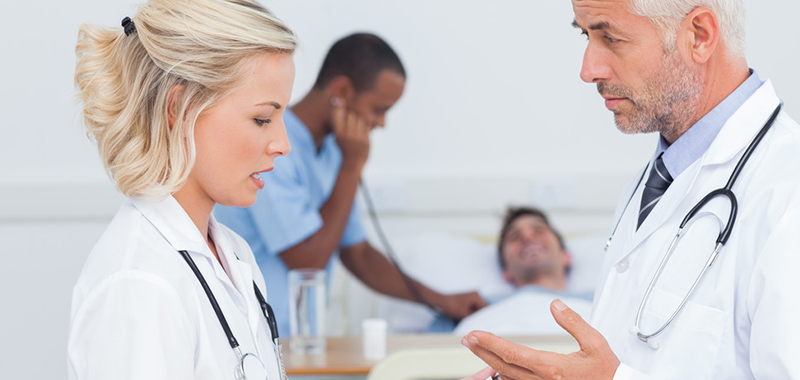
Healthcare professionals involved in patient-related adverse events or medical errors may experience emotional distress. This emotional state, sometimes controversially termed “second victim”, has varying levels of intensity, symptoms, and duration depending on different factors. In most cases, professionals tend to seek emotional help from colleagues, often referred to as peer-responders. Although this is a frequent situation (almost 80% of healthcare professionals would experience this), the majority of peer-responders think they do not have enough skills to appropriately support their colleagues1.
Simulation could be potentially very useful to train in psychological first aid skills. We, as human beings, have a biological basis for empathy2. However, as other innate conditions, empathy should be trained to perform better and avoid further phycological harm. Based on famous programs such as RISE from the John Hopkins Hospital3, here in Barcelona we are developing a simulation training program for peer-responders. The main goal of this project is to provide basic concepts of psychological first aid in order to boost empathy when listening to other colleagues. Another crucial part of the training focusses on risk factor detection that could potentially require further specialized interventions. A trained peer-responder network alongside a specialized team would be ideal to accompany the health care professional to a state of psychological safety after a medical error.
Simulation could be considered in most cases a way to improve patient safety. There is no doubt that patient safety must continue to be the core of our clinical practice, research, and teaching. European projects like SAFETY are essential to reinforce and materialize this principle. It is also of utmost importance that all efforts and strategies to improve patient safety are considered alongside actions to guarantee healthcare professional safety. Therefore, from the SAFEY project we advocate for a wider and more inclusive SAFETY philosophy that embraces patients and healthcare professionals at all levels, from university students to specialists. Simulation offers an exceptional opportunity to care for the well-being of those who care.
Written by Juan Perdomo on behalf of Barcelona Team from Hospital Clinic for SAFETY Project
-
Magaldi M, Perdomo JM, López-Baamonde M, Chanzá M, Sanchez D, Gomar C. Second victim phenomenon in a surgical area: online survey. Rev Esp Anestesiol Reanim. 2021; Available from: https://doi.org/10.1016/j.redar.2020.11.009
-
De Waal FBM, Preston SD. Mammalian empathy: Behavioural manifestations and neural basis. Nature Reviews Neuroscience. 2017.
-
Edrees H, Connors C, Paine L, Norvell M, Taylor H, Wu AW. Implementing the RISE second victim support programme at the Johns Hopkins Hospital: A case study. BMJ Open. 2016.



